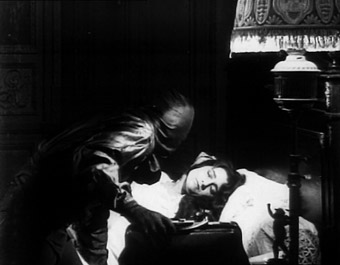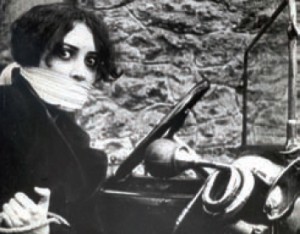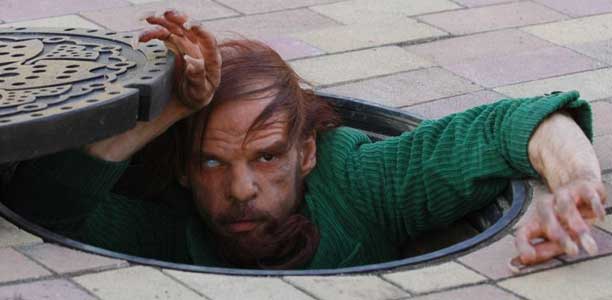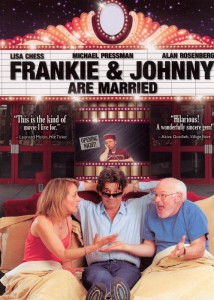From Scenario, Spring 1999, Vol. 5, No. 1. -– J.R.

The recent video release and cable premiere of Louis Feuillade’s silent French serial Les Vampires (1915- 1916), making it widely available in the United States for the first time in 80-odd years, clarifies the origins of the paranoid thriller in a particularly acute way. All the basic elements that we associate with movie conspiracies are fully present in Les Vampires, at least in some rudimentary form: high-tech surveillance techniques, secret lairs, hidden wall panels, intricately concealed weapons, elaborate disguises, diverse forms of mind and memory control.

This arsenal of paraphernalia and technology, suggesting that the ordinary world isn’t quite what it appears to be and that everyday life is full of concealed plots and hidden dangers, is surely a staple of this century that didn’t have to wait for video surveillance or the digital revolution before it took over people’s imaginations. Though the political casts of the designated villains fluctuate wildly according to the ideology of the country and period — ranging from the anarchist Vampire gang to the red spies of Cold War thrillers, to the nearly invisible capitalist tycoons of Cutter’s Way (1981), to the smug government bureaucrats in the significantly titled Enemy of the State — the evil designs remain more or less the same. Read more

For me the most interesting “ten best” list included in the January-February 2009 issue of Film Comment is the dozen titles offered by my favorite Japanese film critic, Shigehiko Hasumi. And what’s especially interesting about his list is the inclusion of Leos Carax’s Merde — the middle episode in the three-part feature Tokyo! (2008), flanked by contributions from Michel Gondry and Joon-ho Bong. Decidedly over-the-top in both theme and style as well as execution, and starring former circus acrobat Denis Lavant, who also plays the lead role in Carax’s first three features — an actor who’s surely even more important to this filmmaker’s work than Jean-Pierre Léaud was to the early features of Truffaut — Merde is a provocation and something of an anomaly, even for someone as eclectic as Carax. (It’s also his first film of any length since his 1999 Pola X, his only major film without Lavant.)
Clearly inspired, at least in its opening stretches, by Jean-Louis Barrault in Jean Renoir’s odd Jekyll-and-Hyde adaptation, Le Testament du docteur Cordelier (1961) [see below], Lavant plays a monster who emerges from the Tokyo sewers to wreak random and violent havoc on Tokyo pedestrians until he gets brought to trial, where he gets defended by an equally strident French lawyer (Jean-François Balmer, in a performance that’s almost as extravagant as Lavant’s). Read more
From the Chicago Reader (December 10, 2004). — J.R.

A fascinating blend of fiction and documentary, this feature by Michael Pressman chronicles his emotionally complicated LA production of Terrence McNally’s play Frankie and Johnny in the Clair de Lune. Pressman’s wife, Lisa Chess, costarred in the show with his old friend Alan Rosenberg, until difficulties with Rosenberg convinced Pressman to take over the part himself. These three and many other people (including Kathy Baker and Hector Elizondo) play themselves in the movie, which only begins to suggest the ambiguities Pressman exploits to the utmost. Emerging from all this is a fascinating look at the nuts and bolts of theater work and an often hilarious depiction of how personal neuroses help and hinder it. R, 95 min. (JR) Read more




